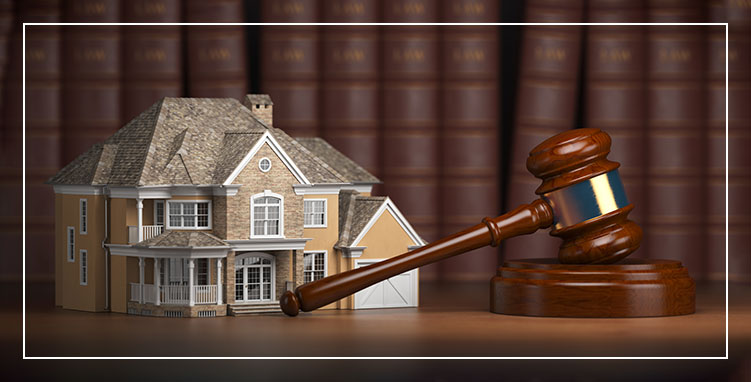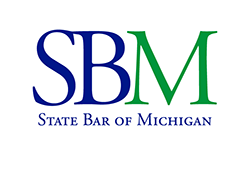What is A Chapter 13 Bankruptcy?
A Chapter 13 bankruptcy is a reorganization bankruptcy. We are able to set up payment plans through the United States Bankruptcy Court to help you:
- Stop home foreclosure and enable the mortgage arrearage to be caught up slowly over time.
- Eliminate a second mortgage. This is possible if the value of your home is less that what is currently owed on your first mortgage.
- Reclaim a repossessed vehicle and enable the vehicle to be paid at a reduced amount and reduced interest rate.
- Pay child support, income taxes or student loans at a reduced monthly rate.
Chapter 13 Engagement Agreement
When you first meet with the Attorney, you will go through an interview to determine if there are any issues to consider before filing the case.

A Chapter 13 bankruptcy is also referred to as a wage earner's plan. It allows individuals with regular income to create a plan to repay their debts. Options are available for you to propose a repayment plan in installments over three to five years. If your current monthly income is less than the applicable state average, the repayment plan will be for three years (unless a longer period is approved by the court). If your monthly income is greater than the applicable state average, the plan usually must be for five years.
Eligibility for Chapter 13 Bankruptcy
Any individual may be eligible for Chapter 13 relief, even if self-employed or operating an incorporated business, provided their unsecured debts are less than $394,725 and secured debts are less than $1,184,200.
Note that you may not file under Chapter 7 (or any other chapter) if during the preceding 180 days a prior bankruptcy petition was dismissed due to willful failure to appear before the court or comply with orders of the court, or if a previous case was dismissed after creditors sought relief from the bankruptcy court to recover property upon which they hold liens.




